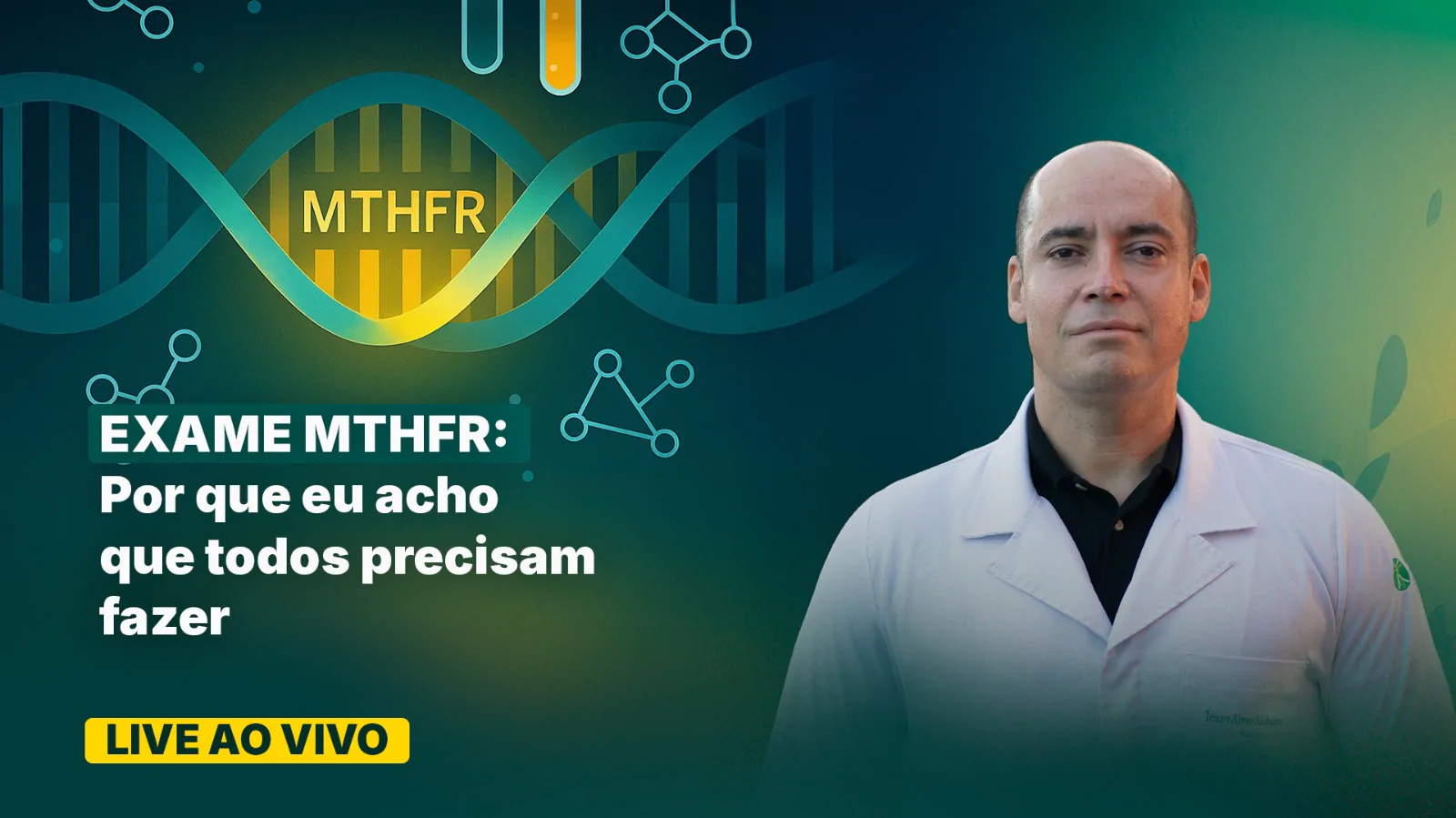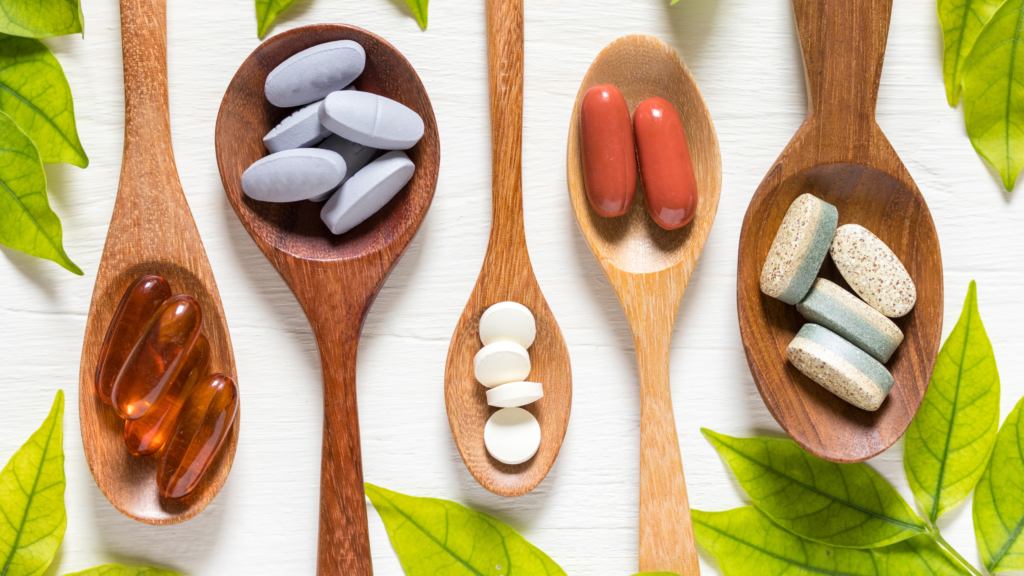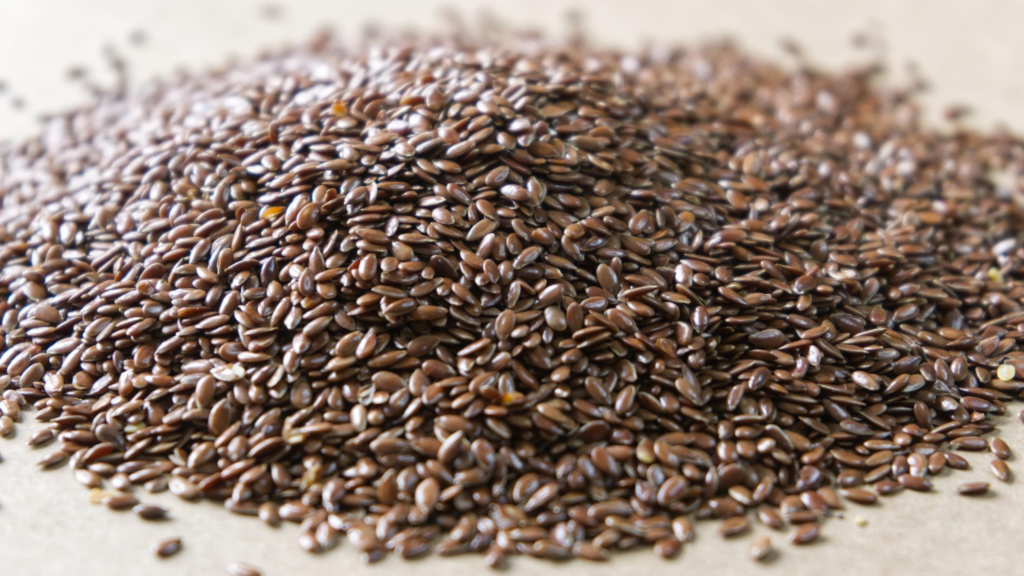SAMe is not a medicine, drug, amino acid or vitamin, but a natural substance that plays many essential roles in the body. Under normal conditions, it is manufactured in abundance from methionine and adenosine triphosphate (ATP) and can be supplemented. It is essential for the production of the important antioxidant glutathione, especially in the liver and brain, and contributes to many of the body's essential physiological processes by acting as a methyl donor. Among its functions are the production and recycling of chemical signaling molecules, such as hormones and neurotransmitters, including serotonin, dopamine and noradrenaline, as well as methylation, the process of adding methyl groups that contributes to gene expression. In addition, SAMe modifies important molecules in cell membranes, controlling vital communication between and within cells.
In a nutshell, SAMe is used to help treat depression, improve mood, prevent and treat liver disease, improve pain caused by arthritis (being as effective as most non-steroidal anti-inflammatory drugs, with prolonged positive effects even after discontinuation), fibromyalgia, Parkinson's and even optimize endothelial function.
Important comments: This video is informative and is in no way intended to prescribe CoQ10 to anyone; if you like the tip, take it to your trusted health professional so that together you can assess its suitability for you. More on the subject at https://icaro.med.br/Suplementacao/.
No one should use supplements or medicines, outside of urgent/emergency situations, without first (or together with) improving their lifestyle habits (https://icaro.med.br/15habitos/), otherwise there will be no effect, little or more adverse effects.
Have a good week!
Most relevant links consulted for the video:
https://www.lifeextension.com/magazine/2007/4/report_same/page-01
https://www.youtube.com/watch?v=YMEzV-Tr4RU
Study: “Role of S-adenosyl-L-methionine in the treatment of depression: a review of the evidence” - by David Mischoulon and Maurizio Fava (Am J Clin Nutr 2002;76(suppl):1158S-61S. Printed in USA. © 2002 American Society for Clinical Nutrition )
http://iberoquimica.com.br/Arquivos/Insumo/arquivo-114018.pdf
https://scholar.google.com/scholar?hl=pt-BR&as_sdt=0%2C5&q=s+adenosylmethionine&btnG=&oq=s-adenosy
Study: S-Adenosylmethionine Synthesis: Molecular Mechanisms and Clinical Implications - in Pharmacol. Ther. Vol. 73, No. 3, pp. 265-280, 1997





















